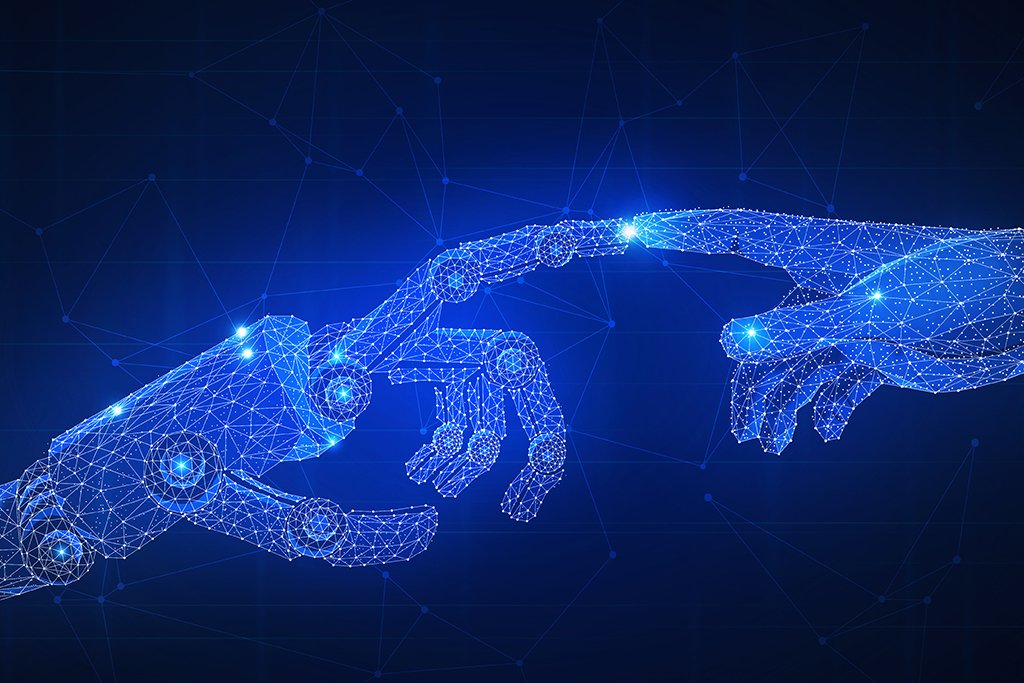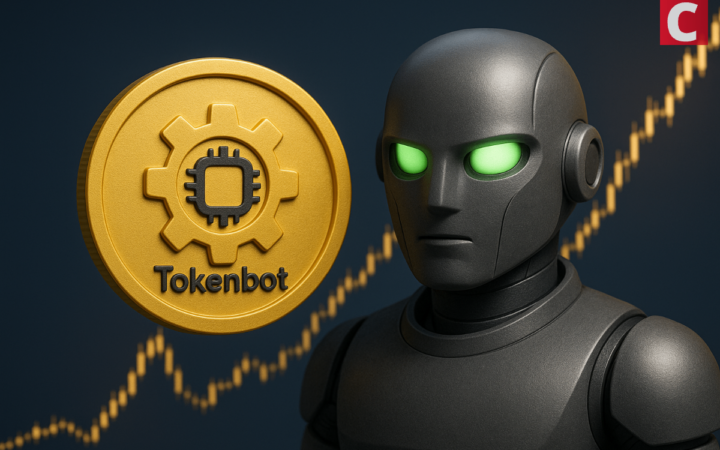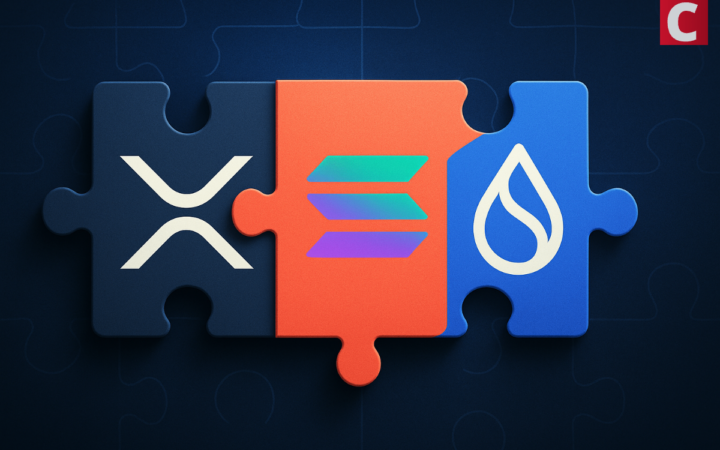
Currently, a handful of big tech companies dominate AI development and are investing more money into AI every day. The field’s high barriers to entry — scarcity of talent and the expense of computing power — could keep upstarts from ever becoming true competitors.
A future where AI is dominated by a small tech oligopoly just might lead us into the robot-controlled dystopian future of which Hollywood continues to warn us.
That’s why Mind AI, a Seoul-based startup on the cutting edge of where blockchain technology and AI intersect, is developing a new approach to AI that wipes out those high barriers to entry into the field.
By leveraging large groups of people, Mind AI believes it can ensure that AI technology does not lead us into that Hollywood-scripted robot dystopia.
“We are creating an ecosystem in which anyone around the world can participate in educating an artificial intelligence,” says Isaac Bang, project lead for Mind AI.
The plan? To democratize access to AI through a crowdsourced database.
“Mind AI’s operation depends on two critical components: the core AI engine and the ontology database,” says Mind AI’s Chief Scientist, John Doe. “The ontologies, or the accumulated knowledge, are the fuel to the AI engine – without them, the AI engine cannot perform any reasoning.”
These two components, however, are kept separate. “The core AI engine is centralized, while the ontology database will be distributed and co-owned by everyone who contributes and submits ontologies,” explained Mr. Doe. In the future, Mind AI plans to decentralize the core AI engine.
This means that Mind AI cannot operate as a centralized entity and use the power of AI for self-interest or malicious purposes, since the community of ontologists (co-owners of the ontologies) can vote to activate a kill switch to disable access to the ontology database.
The same safeguard can be applied to any agent who tries to use Mind AI and the ontology database for applications the community deems to be unethical.
“Our engine is capable of reasoning, but it needs to be given knowledge – that is, the ontologies,” says Mr. Bang. “An ontology would be the fact that ‘objects that have mass are subject to the earth’s gravitational pull.’ These canonicals are like shortcuts.”
Mr. Bang adds:
“The crowd can help AI outcompete earlier AI technologies like IBM Watson, modern self-driving cars and more, which are considered second-wave AI technology. The crowd can bring us into the third wave of AI.”
The crowd, too, through Mind AI’s tokenized incentive model, can now be owners of modern AI technology.
“We crowdsource ontologies from people all around the world, and each person that contributes by contributing an ontology is then co-owner of the database of ontologies that artificial intelligence uses to perform its reasoning,” says Mr. Bang. “And, in that sense, as long as you participate in educating this AI, you can influence how it’s used.”
This means the crowd could, for example, block a military department from using Mind AI to create autonomous weapons.
How It Works
Contributors input their own knowledge based on their own experiences and expertise, following an easy-to-use template. The Mind AI system takes that knowledge and data, labels it and sorts it, to use for future cognitive tasks.
AI machines currently perform only some of the intellectual tasks that a human being can. “We use inductive reasoning when we identify patterns in our observations and expect those patterns to continue,” explains Mr. Bang. “Through abductive reasoning, we find the best explanation for our observations. AI today uses something like induction to recognize patterns, but not in a truly intelligent way.
Soon, Mind AI will read and interpret texts at the 7th grade level text, holding unscripted conversations about the material, also. What’s more, thanks to the help of the decentralized contributors, Mind AI won’t depend on massive data centers. The engine is efficient enough to run on a computer as small as a smartphone. The reasoning engine, soon available as an API, allows developers to create projects that rely on the Mind reasoning engine.
“To build a reasoning engine that executes human-style thinking, we need the input of many individuals,” says Mr. Bang. “That’s why an open-source development ecosystem using blockchain technology is so important in our model.”
Mr. Bang goes on:
“Crowd-sourced ontologies from all over the world will help Mind AI form an unbiased and worldly view. The bright people who contribute earn tokenized royalties whenever a developer uses one of their ontologies.”
Immutable and decentralized, Mind AI could become a new way forward for advancements in AI, moving the industry away from its elitist realities and limited access.
Move over, Watson.






